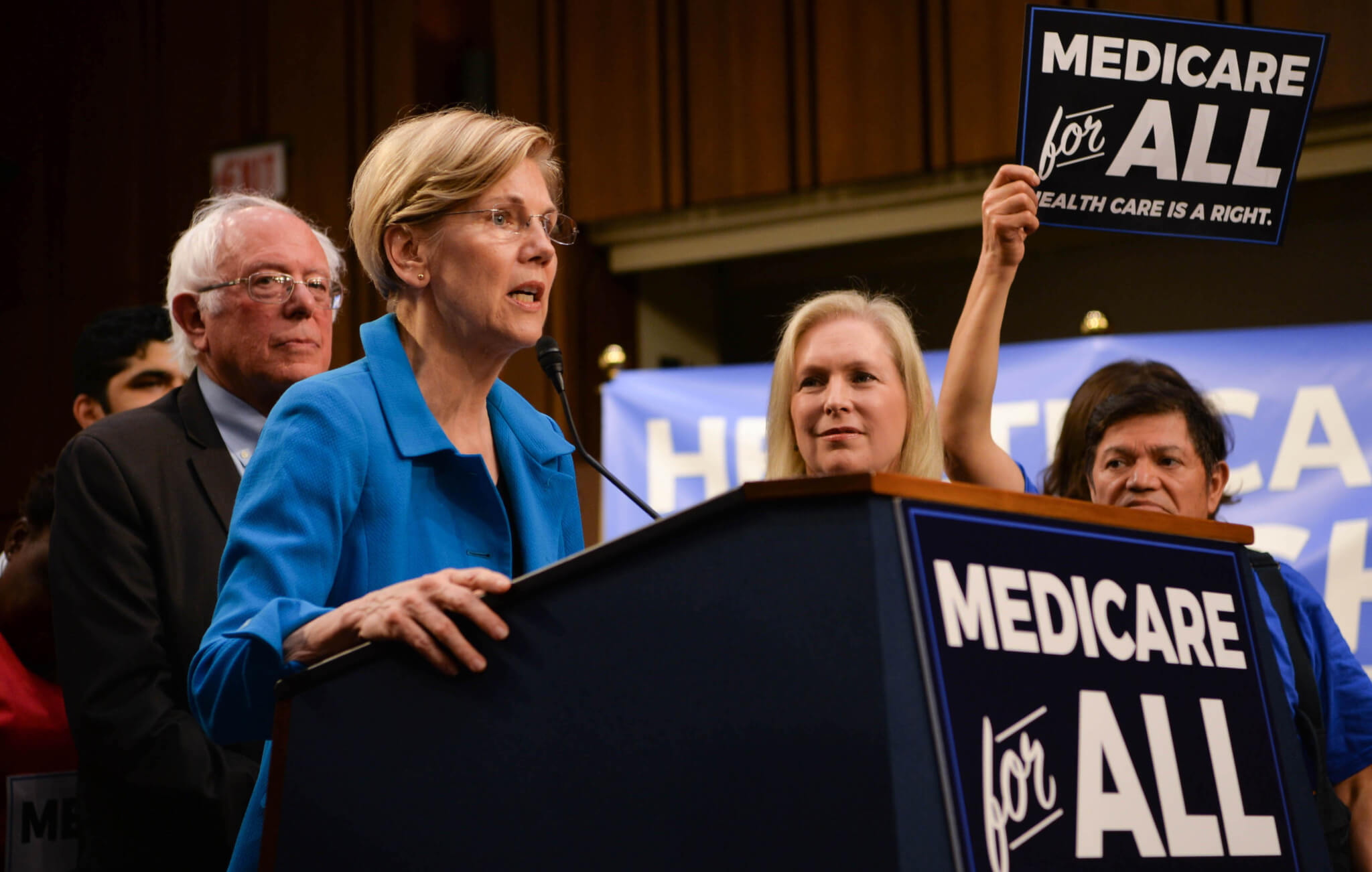
In Iowa in 2009, the Democratic legislature and governor created a new system that resulted in Iowa having the highest percentage of children covered by health insurance than any state. It allowed children up to age 25 to stay on their parent’s family policy. It required medical providers to share medical records and we created a “hub” to allow providers to mechanically achieve it. It allowed each patient to declare a “medical home” so preventive care would be better coordinated and medical emergencies would be more available. This was all accomplished before the enactment of the 2010 Affordable Care Act or Obamacare.
But today, all that is gone. What happened?
In 2011, there was a new governor, Terry Branstad. He instituted the cutbacks in both administrative oversight and advocacy. While access was restricted and services reduced, three very significant results occurred: 1) provider networks became wealthier, 2) state expenditures increased and 3) services were reduced, eliminated or not provided.
We have to reverse this trend.
Here is a case in point. After I lost the 2014 gubernatorial race, I fell ill. I had two very severe fainting spells that resembled seizures. Luckily they were not. However, I did have atrial fibrillation (A-fib), an abnormal heart rhythm characterized by rapid and irregular beating of the atria. For me, I had heart ablation surgery and since then my A-fib has been medically resolved. But that didn’t solve my medical problems.
After surgery, I had four additional fainting spells and I lost all feeling in my feet. I visited my primary doctor, my cardiologist, my neurologist, podiatrist and chiropractor. But it took me months to arrange all the necessary appointments and no provider really coordinated my care. Why? Because my doctors were not from the same medical network and they were not required to.
[inline-ad id=”2″]
How does this work? No automatic sharing of medical records, including two trips to the emergency room, and no follow-up meetings between my providers. My last fainting spell was five weeks ago and my provider’s answer to my increasing alarming medical maladies was to independently change blood pressure medication, without conferring with any of my other providers.
Yes, they wrote a report of my visit, but there was no “continuity of care” to confer with each provider on what could be the best next step in my treatment. Today, they expect the medication to work, but if not, I will have another fainting spell and then they could try something new. This is unacceptable.
The system has to change. Democrats are elevating this issue to the top of their agenda. But the candidates for president and our local state legislators and healthcare advocates need to explain what “Medicare for All” or “Universal healthcare” really entails. Without explaining how it would dramatically reform the “system” of care, we will get lost in the debate on who is more progressive or more practical and thus forget what we really need to hear is how to bring the cost down and make people healthier.
For the presidential candidates, they have to talk about more than just moving everyone into a government-funded system; they have to show how we could lower the cost and have better treatment.
Here is what their message about “Medicare for All” should be:
It is not socialized medicine. The doctors and all providers, hospitals and nursing homes, pharmacists and pharmaceuticals remain independent and in the private sector.
The government replaces the function of the insurance company (the classic unnecessary middle man), regulates the costs and standardizes the price of care.
It prohibits denying care on pre-existing conditions.
Every American would have a medical home to coordinate care.
Every medical record is available to all the patient’s providers.
Providers make the decision on the appropriate care, not the private managed care insurance company.
Legalize the importation of drugs from other countries and eliminate another third-party middle man, PBM, (Pharmacy Benefit Managers) that unnecessarily increases the cost of all pharmaceuticals.
[inline-ad id=”0″]
Until that happens, what can Iowa legislators propose?
Allow a public option for Iowa’s Medicaid. Voters want leaders, so the Iowa legislators should replace privatized Medicaid with the Iowa Medicaid Enterprise that existed before it was privatized and allow any Iowan to purchase Medicaid services (the public option). Critics say they want a market-based system, OK, let Medicaid compete with the private plans. As a result, you will see premiums reduced for every Iowan.
It just takes courage from legislators and the governor to protect Iowans and not the profits of out-of-state corporations.
When I ran for governor in 2014, my campaign was told by political consultants not to bring up healthcare as an issue. Well, in 2020, Democrats are speaking out and it can work – for all. The public has to hear how everyone will benefit and not let the voices of the special interests drown us out.
by Jack Hatch
Photo via Senate Democrats
Posted 4/29/19
Politics

6 terrifying things that could happen if the Comstock Act is used to target abortion
Does 1873 sound like a really, really long time ago? Well, that’s because it is—but if Republicans and far-right anti-abortion activists have their...

Iowa parents explain how ‘fetal personhood’ would harm IVF
Lyndi Buckingham-Schutt and her husband Andy Schutt, both Des Moines residents, always knew they wanted to have children. When Lyndi was 30, they...
Local News

No more Kum & Go? New owner Maverik of Utah retiring famous brand
Will Kum & Go have come and gone by next year? One new report claims that's the plan by the store's new owners. The Iowa-based convenience store...

Here’s a recap of the biggest headlines Iowa celebs made In 2023
For these famous Iowans, 2023 was a year of controversy, career highlights, and full-circle moments. Here’s how 2023 went for the following Iowans:...




